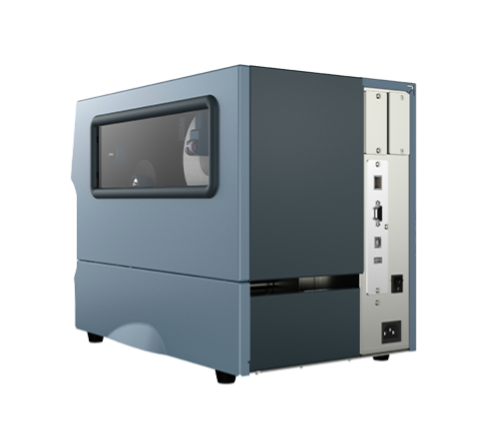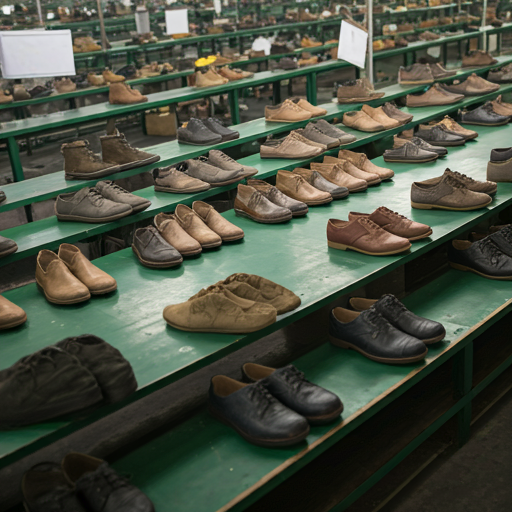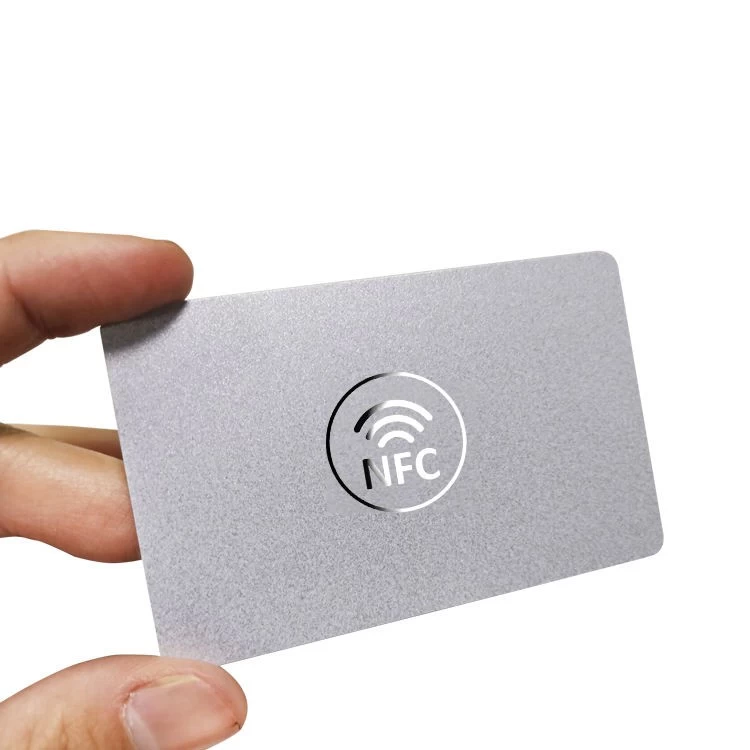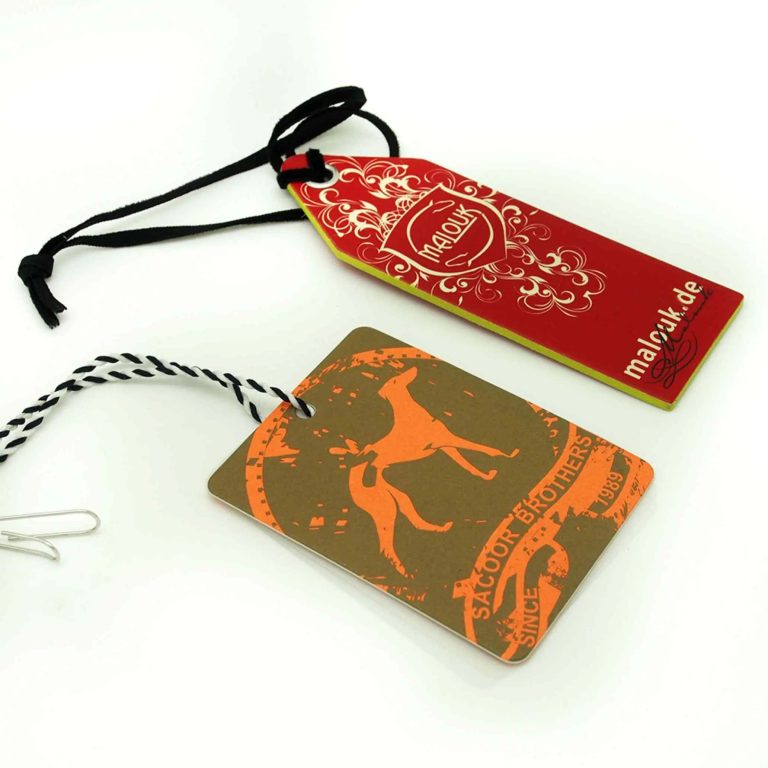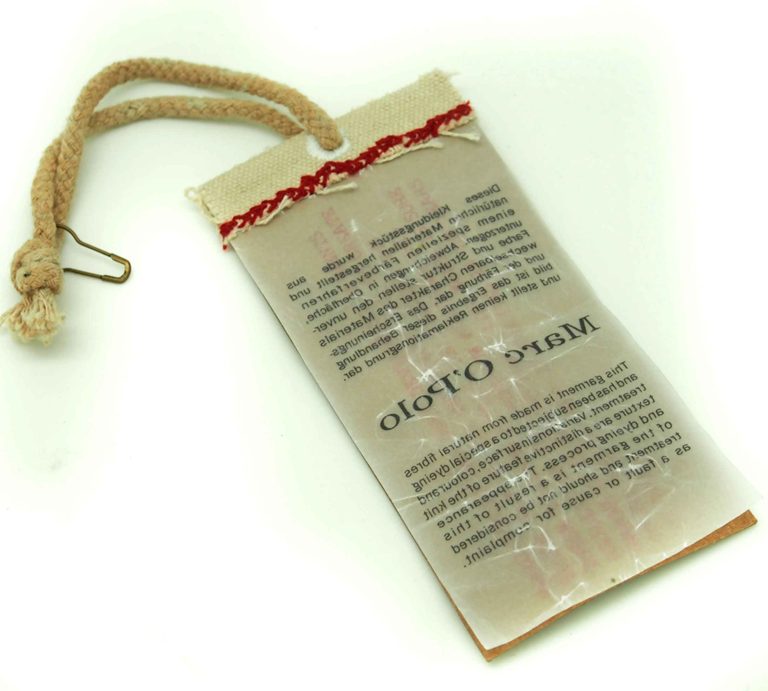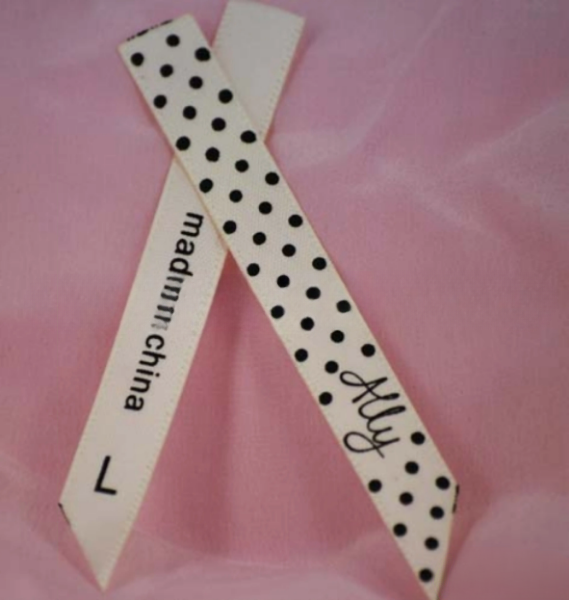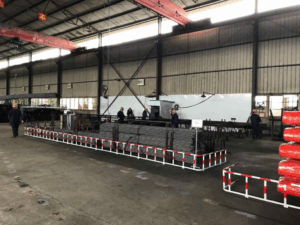Table of Contents
We are living in the era of technology, where the use of technology is almost in every process. Technology has taken over our ecosystem so much that no task can be executed properly without the substantial involvement of technology. Tracking the supply chain and management of inventory is no different. However, we need to understand what kind of technology can make these processes more efficient. RFID technology is the factor that is used these days to make inventory management and supply chain tracking more efficient. A reliable RFID manufacturing facility can be a great help for this purpose.
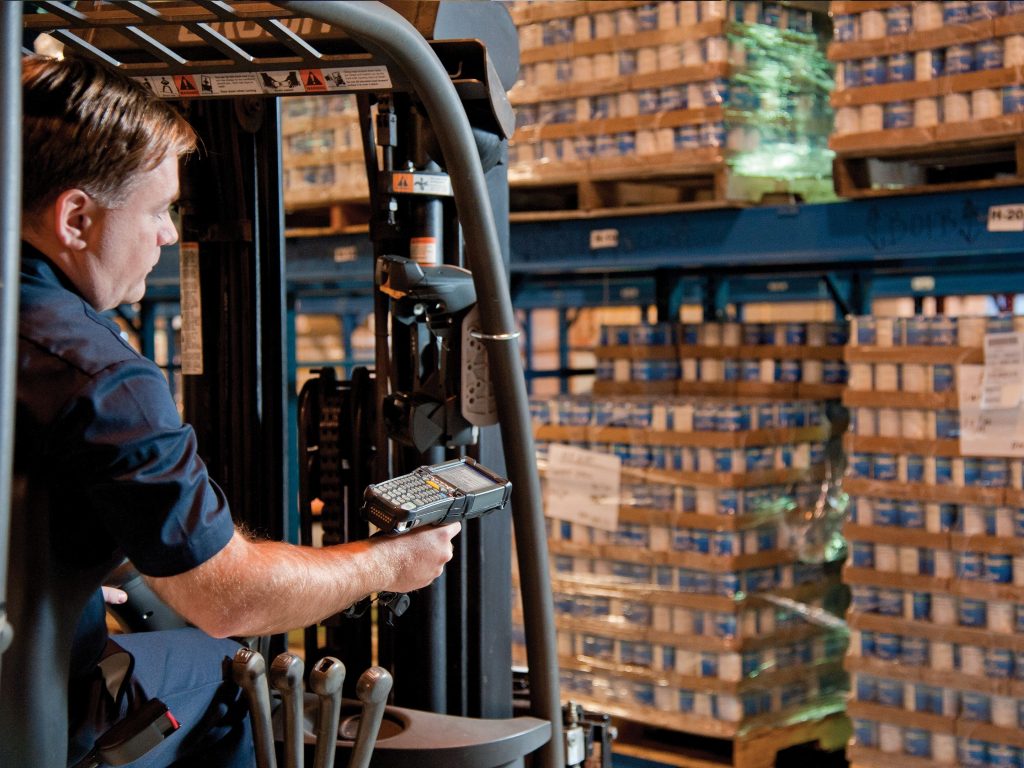
In addition to the aforementioned procedures, many real-life applications use RFID technology. Here in this writing, we will try to shed some light on RFID as a useful technology, its real-life applications, and the importance of having a reliable RFID manufacturing facility at your back to support you in your time of need. If you want to know more about this topic, then make sure you read this writing till the very end. We will outline all the necessary things related to RFID technology one by one in detail.
What is RFID and the Role of RFID Manufacturing Facility?
Before we move on to discuss anything else, it is really important to understand what is RFID technology. The answer is RFID (Radio Frequency Identification) can be referred to as a way of wireless communication that makes use of electromagnetic coupling that is further incorporated into radio frequency to generate unique signals. The unique signals produced by this radiofrequency electromagnetic coupling are used to identify a specific object, animal, vehicle, or even a person.
It should be noted that radio frequency signals generated by electromagnetic or electrostatic coupling are unique for individual objects, vehicles, or persons. Simply put, RFID is a technology that makes use of radio signals to recognize an RFID tag and track an object. The components used in RFID technology are a transceiver, an antenna to scan the RFID and a transponder. The transceiver and antenna are coupled to form an RFID reader. This RFID reader can either be fixed or mobile.
The function of these mobile or fixed readers is to generate radio frequency signals and transmit them to the surroundings upon their connection with the network. Once these readers transmit signals, the surrounding RFID tags, which are the transponders, receive these radio signals and reflect them to register their instance. The transceiver in the RFID reader receives these instances and creates the entry of unique objects in the database through the network.
Benefits of RFID Technology
Here we will enlist a few benefits of RFID technology briefly to help you understand how revolutionary this technology is, further details are written below:
- RFID technology allows you to track many items at once, which is not possible with other technologies like barcode scanning systems.
- Allows you to figure out the availability of similar items in your inventory in a matter of seconds that will take hours otherwise.
- RFID automation helps you save a considerable amount of time and money by quickly tracking goods and instantly making their entries in ERP systems.
- Allows you to ensure the availability and accuracy of data, hence allowing you to have more control over your business.
- You can ensure better health and safety protocols with the help of RFID tracking.
- Your control over production in your manufacturing unit will be more efficient.
- With better control over production, health, safety, and data, you can surely expect improved quality and traceability of your products.
- With better control over your business and the availability of in-depth data, your revenue will surely start growing.
- Your business will see a significant rise in productivity because of the shorter process due to RFID automation.
- Ultimately, you will be able to get a considerably better ROI (Return on Investment) in no time.
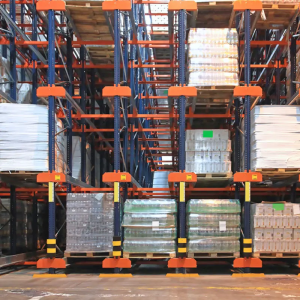
Some Real-Life Applications of RFID Technology
Now that you know the benefits of RFID technology, it is time to discuss a few real-life applications of RFID technology. However, it should be noted that the technology is so versatile that almost every business regardless of the industry it belongs to can use RFID technology for automation purposes. Browse down to learn more about the real-life application of RFID technology:
- Automated car parking can be a great example of an RFID application.
- Amusement parks, cinemas, and stadiums can use RFID tags on passes to ensure seamless entry of visitors.
- Easy inventory management in retail stores is possible with RFID technology.
- Tracking logistics with the incorporation of a GPS can be really easier using RFID automation.
- Hygiene solutions can be implemented to ensure the ultimate hygiene of workers, especially in the healthcare sector.
- Loss prevention is possible if the items or products are protected using RFID tags.
- Tracking of books leased from libraries can become easier with the help of RFID tags.

